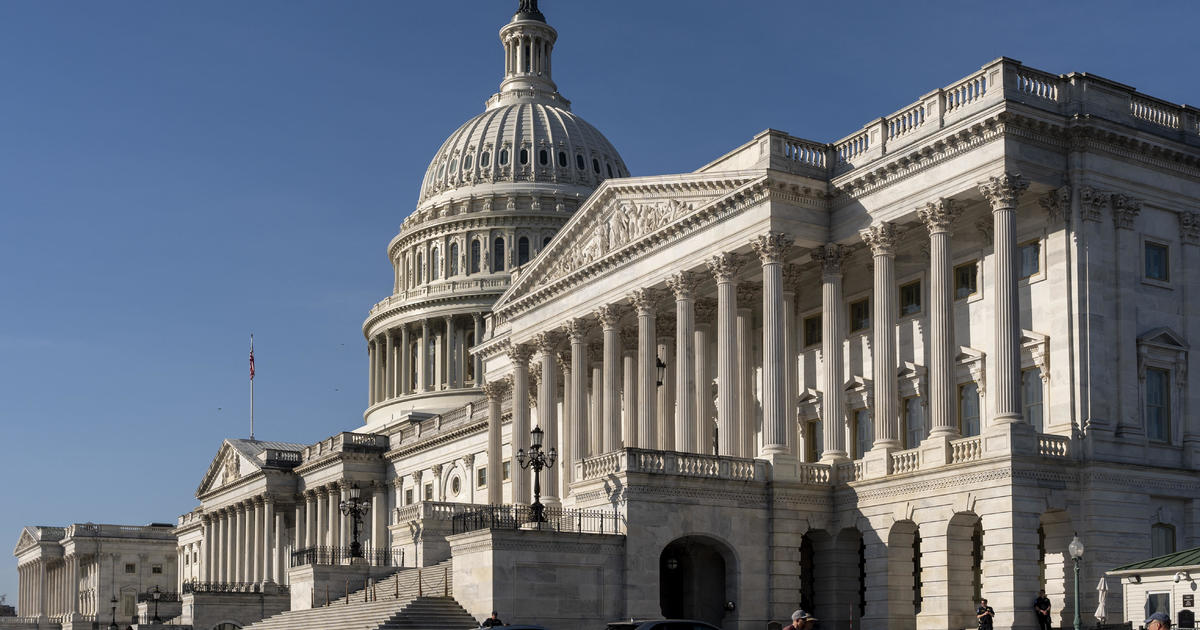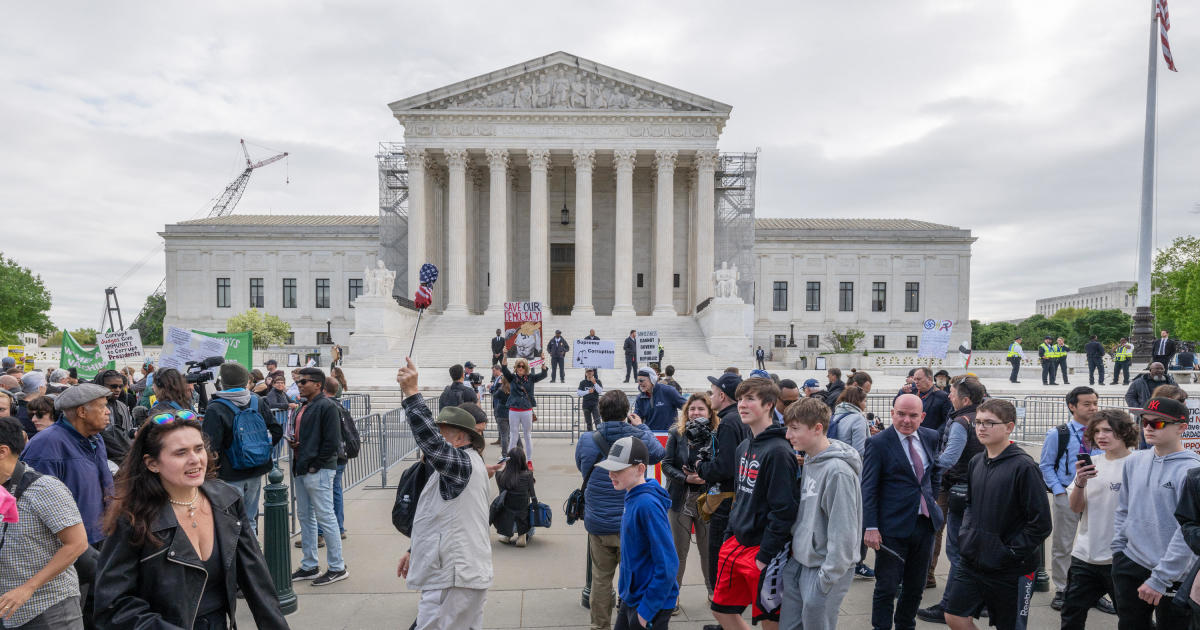Do Americans agree with Trump's GOP critics?
The divisions in the Republican Party exploded Tuesday as two prominent GOP senators released an avalanche of criticism on the commander-in-chief, lamenting the sorry state of American politics and directing the blame for this civic decay clearly at President Trump.
The tough words came from Arizona Sen. Jeff Flake, a frequent Trump critic who announced Tuesday that he wouldn't seek reelection, and Tennessee Sen. Bob Corker, who bowed out of his own reelection race last month and has engaged in several recent spats with the president.
If recent polling data are any indication, a majority of Americans agree with many of the senators' concerns about the president -- but the results often break down along predictable, partisan lines, with Republicans mostly standing behind the president.
In other words, Corker and Flake may be speaking for most Americans -- but they aren't speaking for most of their party.
The case the senators laid out against Mr. Trump was fairly all-encompassing and remarkably caustic, given the party label they share with the president. Corker, speaking to reporters at on Capitol Hill, accused Trump of "debasing" the country with "constant non-truth telling" and "name-calling." He said the president is "absolutely not" a role model for American children, and added that he wouldn't support Mr. Trump again, saying, "He's obviously not going to rise to the occasion as president."
Flake unloaded his criticism in a fiery speech from the Senate floor. He bemoaned the "flagrant disregard for truth or decency, the reckless provocations, most often for the pettiest and most personal reasons." He warned, "Reckless, outrageous, and undignified behavior has become excused and countenanced as 'telling it like it is,' when it is actually just reckless, outrageous, and undignified. And when such behavior emanates from the top of our government, it is something else: It is dangerous to a democracy."
A survey released Wednesday by the Economist and YouGov asked respondents whether they view Mr. Trump as a role model for children. Fifty-five percent agreed with Corker's assessment, describing the president as a bad role model; but 26 percent described him as a good role model. Among Republicans, 57 percent said they view Mr. Trump as a good role model, while 21 percent said the opposite.
The survey also asked how often Mr. Trump says things that may not be correct. A sizable 75 percent of voters said that happens at least sometimes. Fifty-one percent said it happens "often" or "all the time." But only 16 percent of Republicans said the president says incorrect things "often" or "all the time."
Only 31 percent of voters described the president as "honest and trustworthy," while 51 percent said he is not honest and trustworthy. Among Republicans, however, the percentage who called him untrustworthy dropped to 15 percent.
Respondents also echoed Corker's and Flake's concerns about the president's judgment and his temperament. Fifty-three percent said the president exercises mostly bad judgment, while 32 percent said he exercises mostly good judgment. Republicans were far more positive: 72 percent said Mr. Trump has good judgment, 14 percent said the opposite. Fifty-six percent of respondents said Mr. Trump does not have the temperament to be president, but among Republicans, only 19 percent voiced that concern.
The Economist survey also showed that a wide majority of Americans -- 71 percent -- believe the president does not handle criticism well. That point, even 57 percent of Republicans were willing to concede.
The Republican Party's internal divisions were explored further in a poll released Tuesday by the Pew Research Center. That survey, part of Pew's recurring political typology project, divided GOP voters into four distinct groups: core conservatives, country first conservatives, market skeptics, and new era enterprisers. It found the Republican coalition deeply divided on issues like immigration, globalization, and economic fairness.
Take, for example, the "core conservatives," described by Pew as a "financially comfortable, male-dominated group" -- perhaps "the most traditional group of Republicans." Sixty-eight percent of them said U.S. involvement in the global economy is beneficial for America. That view was shared by only 39 percent of "country first conservatives," who tended to be "older and less educated" than the other groups in the survey.
Core conservatives were also far more likely to be describe the economic system as "fair to most Americans" than country first conservatives, and they were far less likely to hold negative attitudes toward immigrants and gay people.
The two groups were unified, however, by at least one thing: an overwhelming support for President Trump. Ninety-three percent of core conservatives said they approve of the president, and 84 percent of country-first conservatives said the same.
The president's approval rating was slightly lower (66 percent) among the market skeptics, a group that "sharply diverges from the GOP's traditional support for business and lower taxes," according to Pew.
The group of Republican-leaning voters who gave the president the lowest approval rating (63 percent) were the new era enterprisers -- a "younger and less overwhelmingly white" contingent that is mostly pro-business and more likely to support immigration.
Tune into "Face the Nation" this Sunday for the latest political news and analysis.
The Pew poll, released Tuesday, was based on two telephone surveys -- the first of 2,504 adults nationwide conducted from June 8 -- June 18, and the second of 2,505 adults nationwide conducted between June 27 and July 9. Results from the full sample have a margin of error of plus or minus 1.6 percent.
The Economist/YouGov survey was based on a poll of 1,500 adults nationwide conducted between October 22-24. Results from the full sample have a margin of error of plus or minus 3.1 percent.



